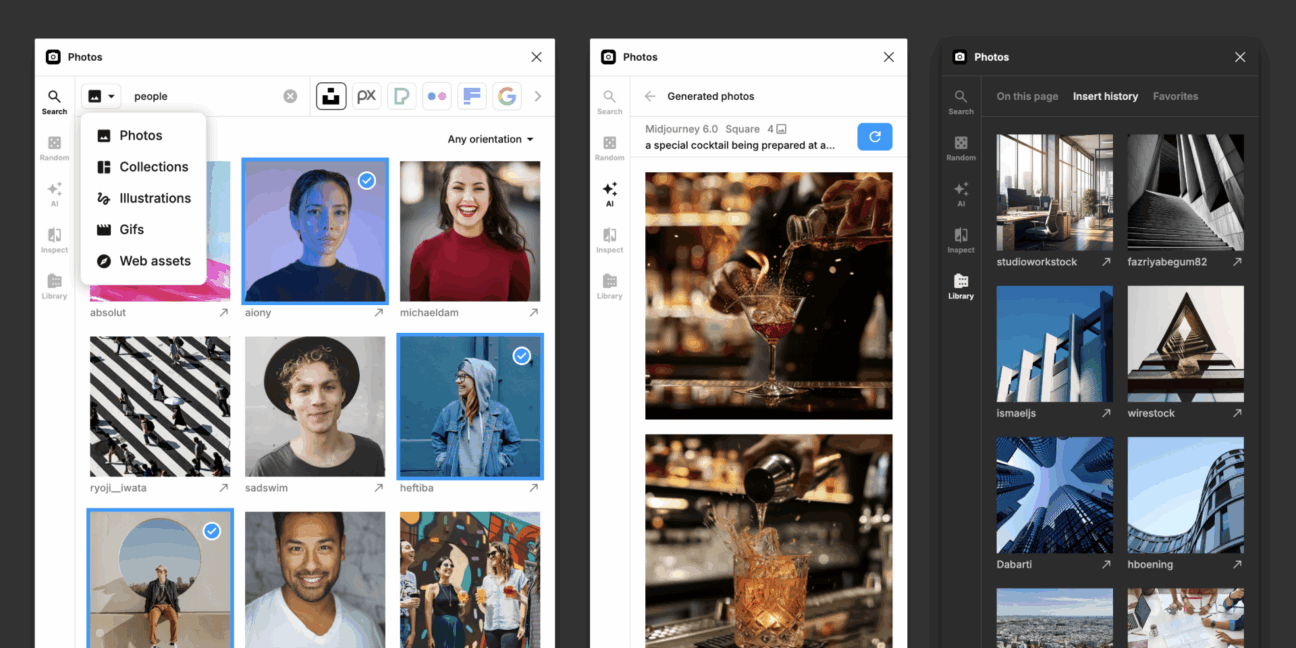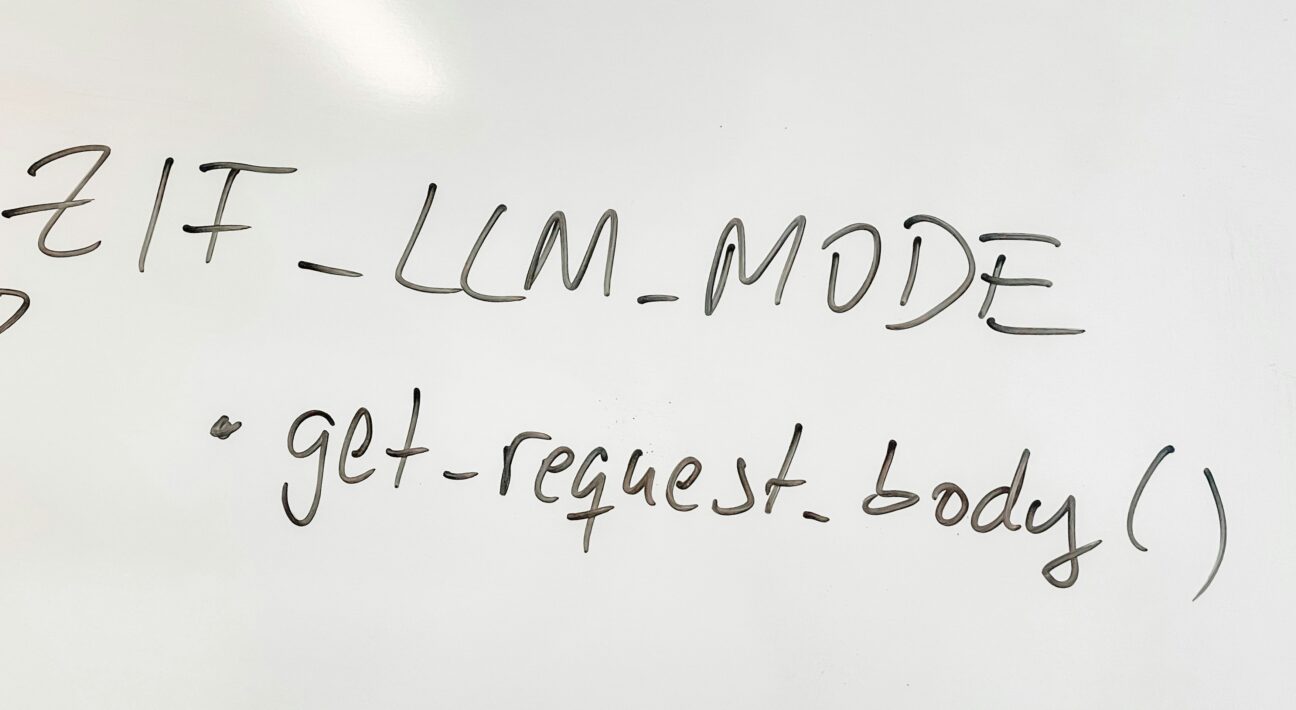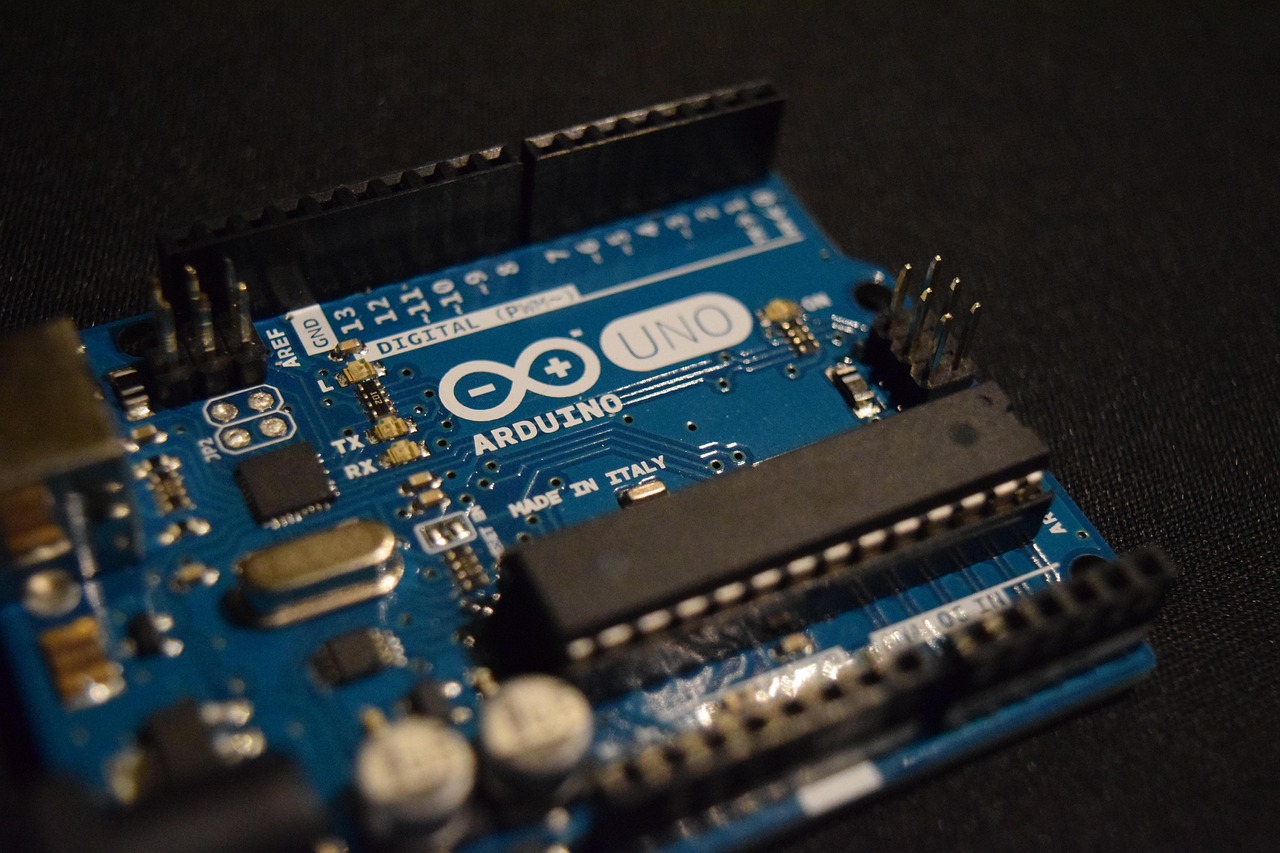Version 48.0

Written & Compiled by Macklin Andrick, GPJ Sr. Creative Technologist
GPJ’s Creative Technology practice supercharges the impact of brand stories told through the strategic use of innovative tech and AI. Strap in as we dive into a whirlwind of innovation and spectacle!
Welcome to your essential creative tech briefing on the innovations that matter. This week, the line between efficiency, creativity, and commerce has blurred entirely. From Anthropic’s game-changing Claude Haiku 4.5—redefining speed and cost for real-time applications—to Google’s Veo 3.1, which offers filmmakers unprecedented narrative control, the future is now a complex, dynamic mix. Let’s dig into the details. Get informed!
Introducing Veo 3.1 and advanced capabilities in Flow
Google’s AI filmmaking tool, Flow, has been updated with Veo 3.1, bringing enhanced creative control and improved audio capabilities. Key improvements include richer audio, more narrative control, and increased realism in generated videos. New editing features like “Insert” and “Remove” allow for precise scene manipulation. Existing features such as “Ingredients to Video,” “Frames to Video,” and “Extend” now also support audio. The Veo 3.1 model will be available to developers via the Gemini API and to enterprise customers through Vertex AI.


Introducing Claude Haiku 4.5 \ Anthropic
Anthropic has released Claude Haiku 4.5, a small model engineered for real-time, low-latency applications like chat assistants and pair programming. This new model delivers Sonnet-level coding performance at one-third the cost and double the speed. With notable safety improvements and broad availability across the Claude API, Bedrock, and Vertex AI, Haiku 4.5 makes high intelligence accessible and efficient for every developer.
Experiential Trend of the Week: Hotlines – Event Marketer
Brands are increasingly incorporating hotlines into experiential marketing campaigns to create a personal and immersive connection with consumers. This trend leverages the novelty of phone calls in an increasingly digital world, offering limited-time content, promotions, and interactions with celebrities or fictional characters. Whether it’s Canva “Loveline” seeking attendee feedback, Disney hosting fan engagement, or Doritos running a “Stranger Things” campaign tie-in, these calls deliver limited-time content, celebrity interactions, and a unique and memorable brand experience.


Walmart teams up with OpenAI to allow purchases in ChatGPT
Walmart has announced a partnership with OpenAI, enabling shoppers to make direct purchases through ChatGPT. This initiative aims to adapt to evolving consumer shopping habits, where AI chatbots are increasingly used for product discovery and deal-finding. The new AI feature is expected to be multimedia, personalized, and contextual, though a launch date for Walmart items on ChatGPT has not yet been disclosed. OpenAI’s “Instant Checkout” feature, which will facilitate these transactions, was initially introduced with Etsy and is expanding to include other merchants. OpenAI will charge a fee for transactions completed through ChatGPT.
Figma taps Google’s Gemini for Faster, Enterprise-Ready AI Inside its Design Platform
Figma has integrated Google’s generative AI models, including Gemini 2.5 Flash and Imagen 4, into its design platform. This collaboration significantly streamlines design tasks, with initial tests showing a 50% reduction in latency for image generation. Critically, the partnership maintains enterprise governance, allowing administrators to manage AI content training and feature access, complete with watermarking for content provenance in regulated workflows.


Preparing for AI’s economic impact: exploring policy responses
Anthropic has published a discussion on economic policy responses to the increasing influence of AI systems, noting a trend where users are delegating entire tasks to AI. The article explores nine policy concepts, categorized by the potential economic impact of AI, encompassing areas such as workforce development, tax adjustments, and infrastructure. These proposals, which include initiatives for upskilling, tax incentives for retaining workers, and new revenue models, are presented as foundational ideas for further research and public discourse to proactively address the economic shifts brought about by AI.
State of LLMs in Late 2025
LLMs are Now Specialized Toolsets, Not Monoliths.
The LLM landscape has shifted into a highly specialized ecosystem defined by technical architecture and training focus. Innovations like Mixture-of-Experts (MoE) and unified intelligence systems (like GPT-5) allow for massive scale and efficiency. Performance is now defined by specialization—be it multi-day autonomous operation, computer use functionality, or massive context windows. The key strategic move is selecting the right specialized tool for the job, moving away from the dominance of a single generalist model.


Qualcomm is buying Arduino, releases new Raspberry Pi-esque Arduino board
Technology corporation Qualcomm has acquired Arduino, but the core mission and brand will be retained. This decision aims to maintain continuity for the platform’s expansive community of developers and educators. Qualcomm has publicly committed to preserving the company’s “open-source ethos,” signaling a strategic move to expand its presence in the open-source electronics and IoT markets.
For more GPJ Creative & Strategic reporting, visit our News & Insights page.